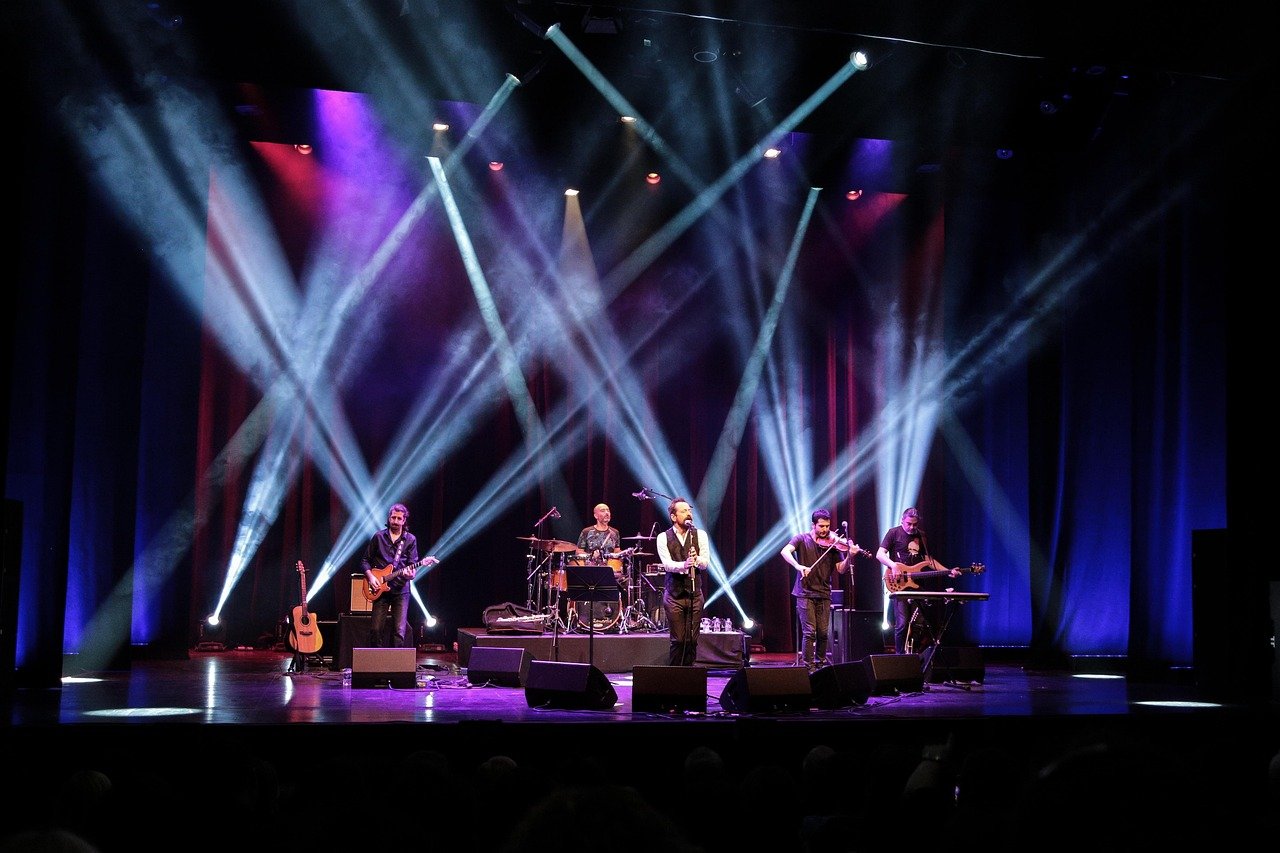Lights, camera, conversation! For decades, talk shows have been a staple of entertainment, news, and late-night routines. From the groundbreaking interviews of Oprah Winfrey to the comedic stylings of Stephen Colbert, these shows have shaped popular culture and provided a platform for diverse voices. But what makes talk shows so enduringly popular? Let’s delve into the fascinating world of talk shows, exploring their evolution, impact, and why they continue to captivate audiences worldwide.
The Enduring Appeal of Talk Shows
Talk shows aren’t just entertainment; they’re a window into the lives of celebrities, a forum for discussing important issues, and a source of comfort and connection for viewers. Their format, typically featuring a host, guests, and a live audience, allows for a dynamic and engaging viewing experience.
The Power of Personality
- The host is arguably the most crucial element of a successful talk show. Their personality, interviewing style, and rapport with guests determine the show’s overall tone and appeal.
- Consider the difference between the sharp wit of John Oliver on “Last Week Tonight” and the empathetic approach of Drew Barrymore on “The Drew Barrymore Show.” Each host cultivates a unique atmosphere that attracts a specific audience.
- Examples:
Jimmy Fallon is known for his playful games and celebrity impersonations.
Trevor Noah (formerly of The Daily Show) brought a global perspective and sharp political satire to the late-night scene.
Accessibility and Connection
Talk shows offer a sense of intimacy and connection that’s often missing from other forms of media. Viewers feel like they’re eavesdropping on a conversation between friends, which can be both entertaining and comforting.
- They provide a platform for celebrities to show their human side, beyond carefully curated public images.
- They often tackle relatable topics and offer advice, fostering a sense of community among viewers.
- The immediacy of a live (or seemingly live) format contributes to this sense of connection.
A Brief History of Talk Shows
The evolution of talk shows is a fascinating journey, reflecting changing social norms and technological advancements.
Radio Roots
- Talk shows have their roots in radio broadcasting, with early examples like “The Voice of Firestone” in the 1920s featuring musical performances and interviews.
- These early shows laid the groundwork for the talk-based format that would later dominate television.
The Television Takeover
- The 1950s saw the rise of television talk shows, with pioneers like Steve Allen and Jack Paar setting the standard for late-night entertainment.
- The “Tonight Show” franchise became a cultural institution, launching the careers of legendary hosts like Johnny Carson.
Daytime Domination
- The emergence of daytime talk shows in the 1970s and 1980s broadened the genre’s appeal.
- Hosts like Phil Donahue and Oprah Winfrey tackled controversial social issues, sparking important conversations and shaping public opinion.
Types of Talk Shows
The talk show landscape is incredibly diverse, catering to a wide range of interests and tastes.
Late-Night Talk Shows
- Typically feature a comedic monologue, celebrity interviews, musical performances, and sketch comedy.
- Examples: “The Tonight Show Starring Jimmy Fallon,” “The Late Show with Stephen Colbert,” “Jimmy Kimmel Live!”
- Focus: Entertainment, pop culture, and political satire.
Daytime Talk Shows
- Often focus on personal stories, relationship advice, and lifestyle topics.
- Examples: “The View,” “The Talk,” “The Drew Barrymore Show.”
- Focus: Connecting with viewers on a personal level, offering advice, and discussing social issues.
News and Political Talk Shows
- Dedicated to discussing current events, political issues, and public policy.
- Examples: “Meet the Press,” “Face the Nation,” “Real Time with Bill Maher.”
- Focus: In-depth analysis, debates, and interviews with prominent figures.
Radio Talk Shows
- Continue to thrive, often focusing on news, politics, sports, or specific interests like finance or technology.
- Examples: “The Rush Limbaugh Show,” “NPR’s Talk of the Nation” (formerly), “The Dan Patrick Show”.
- Focus: Providing commentary, analysis, and a platform for listener participation.
The Impact of Talk Shows
Talk shows have a significant impact on popular culture, influencing everything from fashion trends to political discourse.
Shaping Public Opinion
- Talk shows provide a platform for discussing important social and political issues, often influencing public opinion and driving social change.
- The hosts and guests can use their platform to raise awareness, challenge conventional wisdom, and advocate for specific causes.
Promoting Entertainment and Culture
- Talk shows are a valuable promotional tool for musicians, actors, authors, and other artists.
- Appearances on talk shows can significantly boost an artist’s visibility and sales.
The Rise of Viral Moments
- Talk show moments frequently go viral online, reaching a wider audience and amplifying their impact.
- These viral clips can be used for both entertainment and educational purposes.
The Influence of Social Media
- Talk shows leverage social media platforms to engage with viewers, extend their reach, and promote upcoming episodes.
- Live tweeting, behind-the-scenes content, and interactive polls are just some of the ways talk shows use social media to enhance the viewing experience.
Tips for Aspiring Talk Show Hosts
Dreaming of hosting your own talk show? Here are some tips to get you started:
Develop a Unique Voice and Perspective
- What makes you different from other potential hosts? Identify your unique perspective and develop a strong, authentic voice.
- Focus on a niche audience or topic that you’re passionate about.
Hone Your Interviewing Skills
- Practice your interviewing skills by interviewing friends, family, or local experts.
- Learn to listen actively, ask insightful questions, and create a comfortable atmosphere for your guests.
Build a Strong Online Presence
- Create a website, social media profiles, and a YouTube channel to showcase your talents and build an audience.
- Share your thoughts on current events, create original content, and engage with your followers.
Start Small and Be Persistent
- Don’t expect to land a network talk show overnight. Start small by hosting a podcast, creating online videos, or hosting local events.
- Be persistent, patient, and always strive to improve your skills.
Conclusion
Talk shows remain a vital part of the entertainment and media landscape. From their humble beginnings in radio to their current multi-platform presence, they continue to evolve and adapt to the changing needs of their audience. Whether you’re a casual viewer or an aspiring host, understanding the history, types, and impact of talk shows can deepen your appreciation for this enduring and influential form of media. They entertain, inform, and connect us, proving that the power of conversation is truly timeless.



